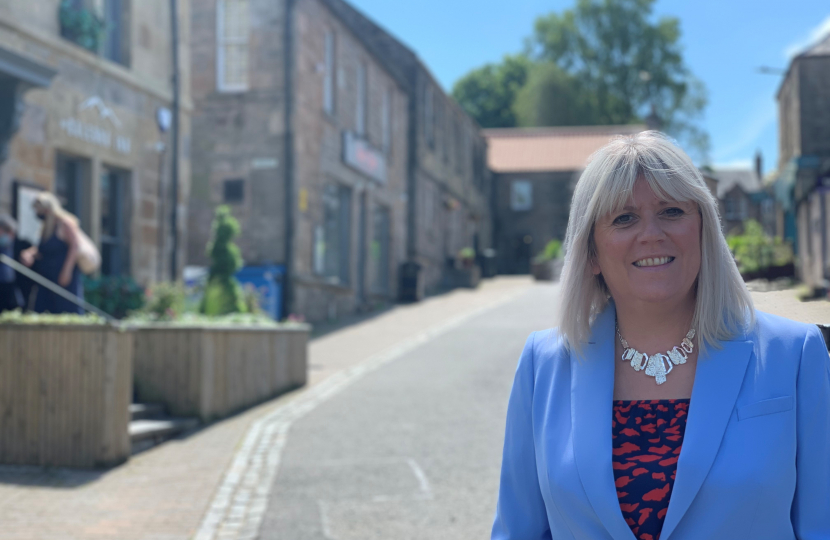
It would take a hard heart not to feel some sympathy for Nicola Sturgeon at the Covid Inquiry on Wednesday, pictured, struggling to contain her emotions as she tried to explain her actions at the height of the pandemic.
I appreciate the weight of responsibility ─ and fear ─ decision makers felt as the enormity of what was hitting us became apparent, and none of us would relish having to recall every thought and deed from four years ago in a six-hour grilling by a top advocate.
But contrast the diminished, cornered person at the EICC with the haughty disdain for critical questions and the unbending self-belief to which we were treated every night on TV, when the nation hung on her every word. Well, we certainly hung on her words on Wednesday, but for very different reasons.
Forget the lumps in her throat and the unchallengeable plea that she was only trying to do what she thought was best, her explanations fell short of the full mea culpa she might have hoped they would appear. There was no credible rebuttal of the clear evidence of the SNP’s politicisation of the crisis, and none but the most unswerving Sturgeon cult member would buy her excuses for the mass deletion of evidence when she knew a public inquiry was coming. We only have her word for it that nothing important has been destroyed.
I was working with the NHS at the time, and I remember only too well the empty hospital wards cleared of patients and the halt on elective operations, and as a councillor I recall the secrecy and lack of any transparency about the Nike conference at the Carlton Highland Hotel which could have been the seed of Scotland’s pandemic which would claim 13,400 lives in the following two years.
I was therefore struck by her explanation for the closeness of her relationship with Devi Sridhar, Edinburgh University’s global public health professor, who in the summer of 2020 backed a strategy of total elimination, which would require a total and continuous lockdown.
It was already clear that lockdown was taking its toll on the young, elderly and vulnerable, especially poorer people living in cramped conditions, yet Ms Sturgeon said she, “wanted the Scottish Government to be suppressing Covid as much as possible. She [Prof Sridhar] believed that could go further than others believed it could.”
We know this was a mistake, but not with the benefit of hindsight. Those “others” included Edinburgh University’s professor of infectious disease epidemiology Mark Woolhouse who told the inquiry that believing zero Covid was possible was “not consistent with the evidence that had been available since February 2020”.
The discussion, he said, was more “how long and severe a lockdown could we get away with that the public would tolerate, rather than actually looking at evidence”. Another Edinburgh University medicine and data science expert, Professor Andrew Morris, said Prof Sridhar was “in a minority of one” in pushing for an elimination strategy.
Back then, Ms Sturgeon explained the tougher lockdown rules, and the continued wrecking of school education was “following the science” as if she had no choice. But it turns out she was just following what she wanted to hear from the academic she liked the most. And no tears will wash away that responsibility.

